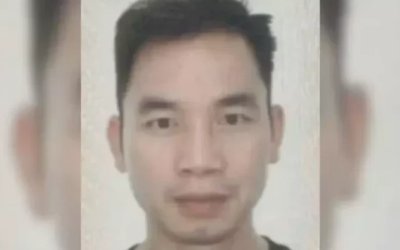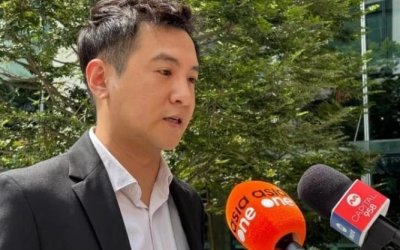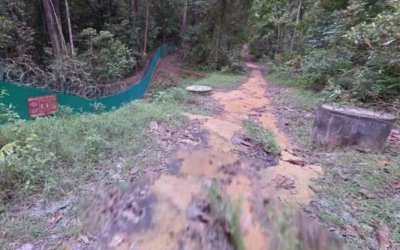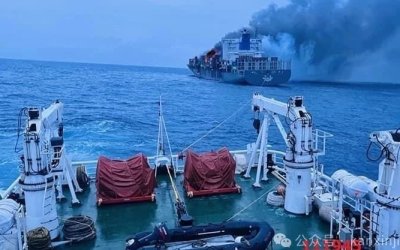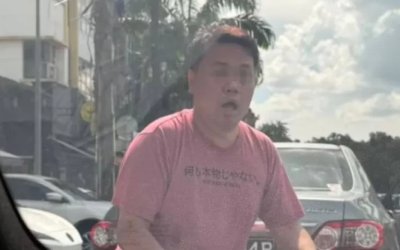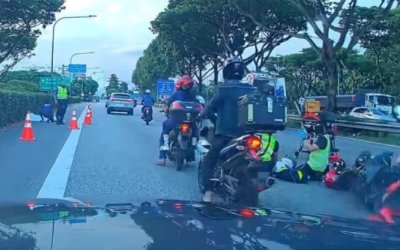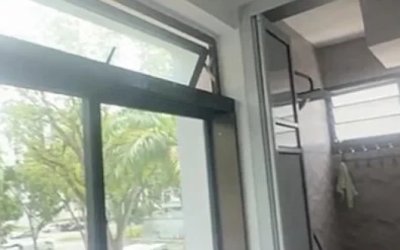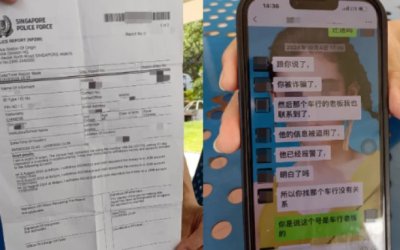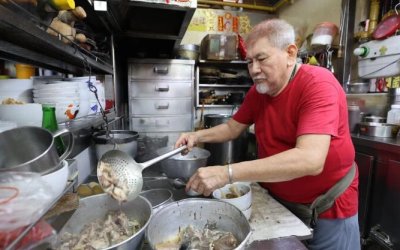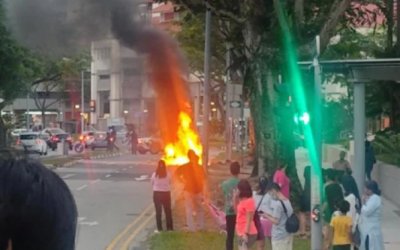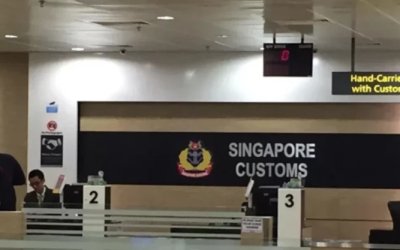2024年7月2日,新加坡律政部政務部長穆仁理代表律政部長在國會答覆阿裕尼集選區議員林瑞蓮有關洗錢案涉案人員被遣返回國後接受進一步起訴的相關問題。
以下內容為新加坡眼根據國會英文資料翻譯整理:
林瑞蓮(阿裕尼集選區議員)女士詢問新加坡律政部長:對於那些因參與數十億新元洗錢案而在新加坡被定罪的人,其他國家政府是否向新加坡當局表示,這些罪犯被遣返回本國後將面臨對相關上游犯罪的調查。
穆仁理(律政部政務部長,代表律政部):議長先生,如果可以的話,林瑞蓮女士可能是指引渡意義上的驅逐出境。如果是這樣的話,只有在引渡條約生效並根據條約提出有效請求的情況下,才會進行引渡。這裡沒有引渡程序。在沒有引渡的情況下,罪犯在定罪和服刑後將被要求離開新加坡。
截至 2024 年 6 月底,10 名被定罪的外國人中已有 8 人被驅逐出境,並被禁止再次進入新加坡。這同樣適用於服刑期滿後的其餘2名外國人。正如政務部長孫雪玲女士剛才所解釋的那樣,這些外國人可以去他們的護照或旅行證件允許他們去的任何國家。
他們在這些國家或他們的國籍國會發生什麼,不是我們所能控制的。
議長先生:有請林女士。
林瑞蓮(阿裕尼集選區議員):議長,我有一個補充問題要問政務部長。鑒於洗錢的跨國性質,正如我們在最近的案件中看到的那樣,內政部是否認為有必要加強我們的引渡安排,即增加與其他國家的引渡安排,因為迄今為止,我們尚未與這些國家簽訂任何此類條約?
穆仁理(律政部政務部長,代表律政部):議長先生,我感謝這位議員的提問。目前,我們與美國、德國、香港特別行政區和印度尼西亞簽訂了引渡條約。我們還與大約 40 個已宣布的大英國協國家簽訂了引渡協議。這些國家包括澳大利亞、加拿大、紐西蘭、印度和英國。此外,我們還與馬來西亞和汶萊簽訂了互惠協議,以批准逮捕令為基礎。
因此,我們已經擁有一個覆蓋大約 44 個司法管轄區的龐大引渡網絡。擴大這個網絡不僅僅是數字的問題。對於引渡協議,我們必須研究它是否有足夠的保護措施,是否給新加坡人民帶來風險,因為情況也可能是另一回事。
我們願意接受更多的引渡協議,但我們將繼續採取謹慎和深思熟慮的做法。

以下是英文質詢內容:
Ms Sylvia Lim asked the Minister for Law for those convicted in Singapore for their involvement in the billion-dollar money laundering case, whether there have been indications from other governments to the Singapore authorities that the offenders will face investigations into the relevant predicate offences upon being deported to their home countries.
The Minister of State for Law (Mr Murali Pillai) (for the Minister for Law): If I may, Sir, the hon Member, Ms Lim may be referring to deportation in the sense of extradition. If that is the case, extradition will only take place when there is an extradition treaty in force and a valid request has been made under the treaty. There are no extradition proceedings here. In the absence of extradition, the position is that after conviction and serving of sentence, the offenders will be required to leave Singapore.
As at end June 2024, eight of the 10 convicted foreigners have been deported and are barred from re-entering Singapore. This similarly applies to the remaining two after they finish serving their sentences. These foreigners can go to any country which their passports or travel documents allow them to go to, as explained by the hon Minister of State Ms Sun Xueling, just now.
What happens to them in those countries or in their countries of nationality is not within our control.
Mr Speaker: Ms Lim.
Ms Sylvia Lim (Aljunied): Sir, one supplementary question for the Minister of State. Given the transnational nature of money laundering, as we have seen in this recent case, does the Ministry assess that there is a need to enhance our extradition arrangements, meaning to increase extradition arrangements with other countries which, so far, we have not had any such treaties with?
Mr Murali Pillai: Sir, I thank the hon Member for her question. Currently, we have extradition treaties with the United States, Germany, Hong Kong Special Administrative Region and Indonesia. We also have extradition arrangements with about 40 declared Commonwealth territories. These include Australia, Canada, New Zealand, India and the United Kingdom. In addition, we have reciprocal arrangements with Malaysia and Brunei based on endorsement of arrest warrants.
So, we have already a significant extradition network with about 44 jurisdictions. Expanding this network is not just about numbers alone. For extradition arrangements, we will have to look at it to see whether there are adequate protections, whether it carries risk to the people of Singapore, because the shoe can be on the other foot as well.
We are open to more extradition arrangements, but we will continue to take a careful and considered approach.
HQ丨編輯
HQ丨編審
新加坡國會丨來源



